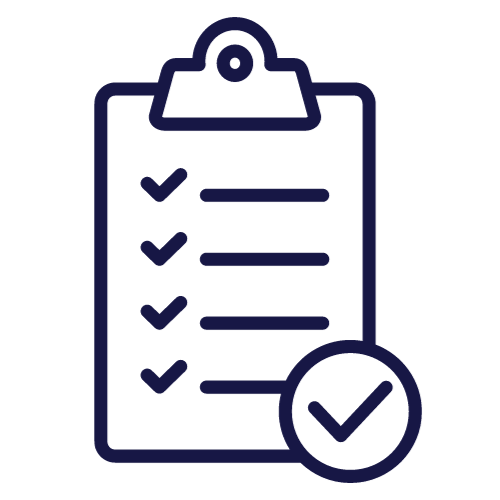Treating Co-Occurring Disorders at Our Washington Rehab
Learn why people choose The Recovery Village Ridgefield for drug and alcohol detox and addiction treatment in Washington. Call to get admitted today.
What Are Co-Occurring Disorders?
When someone is struggling with a substance use disorder and a mental health disorder such as depression, bipolar disorder, post-traumatic stress disorder and others, it is called having co-occurring disorders. Any treatment they seek for substance use must address both conditions.


Is co-occurring disorder treatment right for me?
If you’re dealing with drug or alcohol addiction along with any of these conditions, we may be a good match for your needs:

Video
What Is Co-Occurring Disorders Treatment Like?
Why Choose Our Addiction Treatment Center?
Since 2013 we’ve helped thousands of people regain control of their lives. You can overcome drug and alcohol addiction with the help of our personalized, evidence-based addiction treatment led by compassionate experts.

We’ve impacted
0
lives and counting

Our team has over
0
professional credentials

We offer
0+
specialized treatment options
Speak with Admissions
A Recovery Advocate can answer any questions and help you start your recovery.

Using Insurance for Inpatient Rehab
The Recovery Village Ridgefield is in-network with most national and local insurance providers. We can confirm your insurance coverage or discuss private payment options.

Testimonials
Your Recovery is Our Mission
If you struggle with drugs or alcohol, you’re not alone. Read our reviews and explore why The Recovery Village Ridgefield could be the right place for your recovery.
About Mental Health Disorders
A mental health disorder causes someone to experience altered moods, behaviors or ways of thinking. The most common mental health disorders include:
- Depression: Depression can range from moderate to severe. It can also include dysthymia, which is characterized by mild but long-lasting periods of depression.
- Anxiety disorders: This can include post-traumatic stress disorder (PTSD), panic disorder, obsessive-compulsive disorder and phobias.
- Personality disorders: This can include borderline personality disorder, multiple personality disorder and antisocial personality disorder.
- Bipolar disorder: Bipolar is also referred to as manic-depressive illness or manic depression.
- Attention deficit hyperactivity disorder (ADHD): ADHD can include subtypes like attention deficit disorder (ADD), and it is characterized by an inability to focus, sit still and finish tasks.
- Eating disorders: This can include anorexia nervosa, bulimia nervosa and binge eating.
- Psychotic disorders: This can include schizophrenia, schizoaffective disorder, severe depression, postpartum psychosis and more.
- Autism spectrum disorders (ASD): Autism affects the ability to communicate with the outside world and is characterized by repetitive behaviors and social impairment.
Common Co-Occurring Disorders
While our facility may not treat all co-occurring disorders, mental health disorders that can co-occur with addiction (substance use disorder) can include:
Medications Used in Co-Occurring Disorder Treatment
Medications may be an integral part of mental health disorder treatment. Depending on the specific mental health disorder, certain medications may help the patient. For example, symptoms may be treated by mood stabilizers, antidepressants, stimulants, anti-anxiety medications and antipsychotics.
Detox drugs may also be helpful in substance use disorder treatment. If a patient is addicted to opioids, they may be prescribed Suboxone or methadone to better handle withdrawal symptoms and begin recovery without experiencing painful withdrawal symptoms. These medications work as replacement therapy. They work by giving the body the opioids it is dependent on without creating a euphoric feeling. Over the next few months or years, patients on Suboxone or methadone taper off these medications so they can live a drug-free life.
All medications should be taken only as prescribed, and any physician or psychiatrist who treats the patient in the future should have a thorough understanding of the patient’s mental health and substance abuse history.

Explore Other Levels of Care
Our full continuum of rehab options and individualized treatment plans ensure each patient gets professional care that meets their needs.

